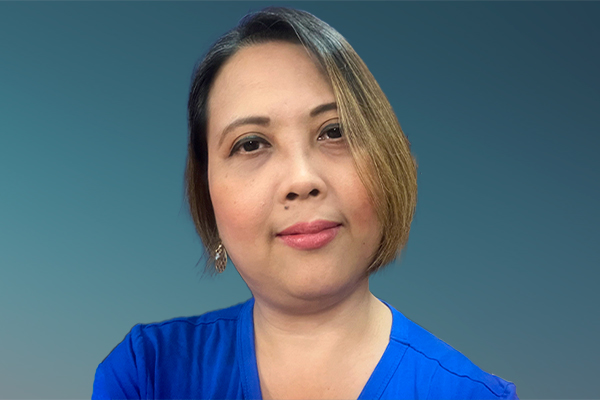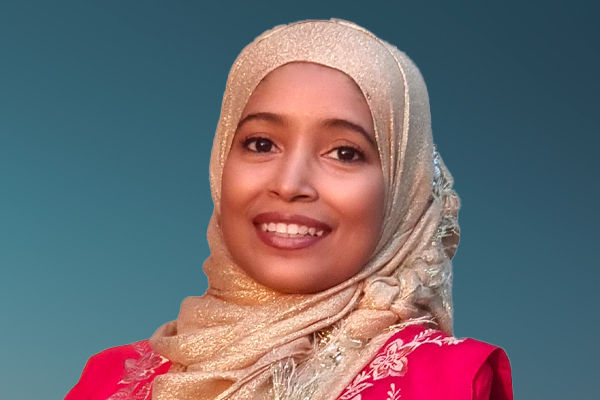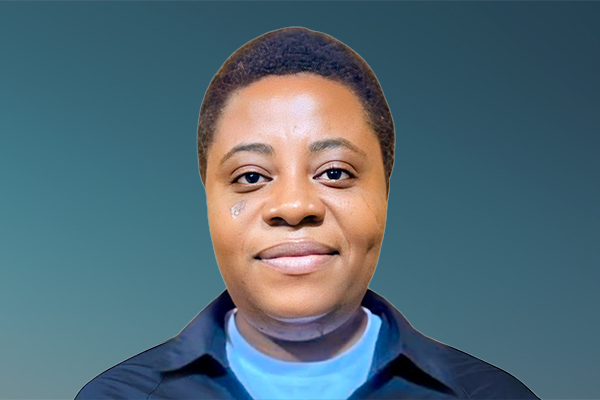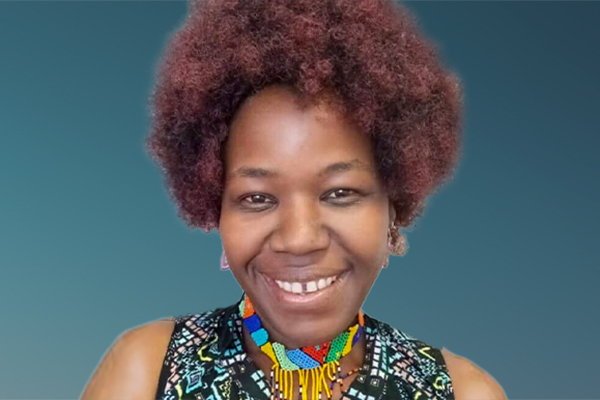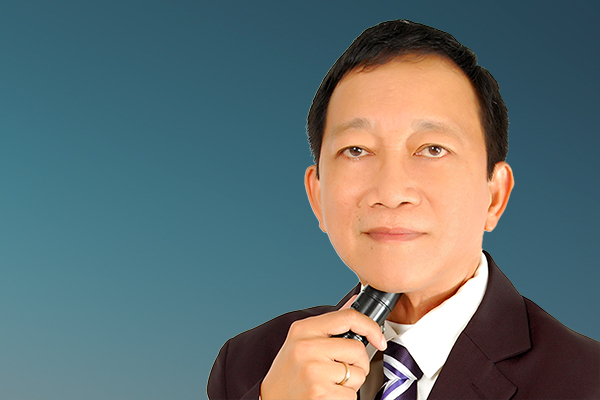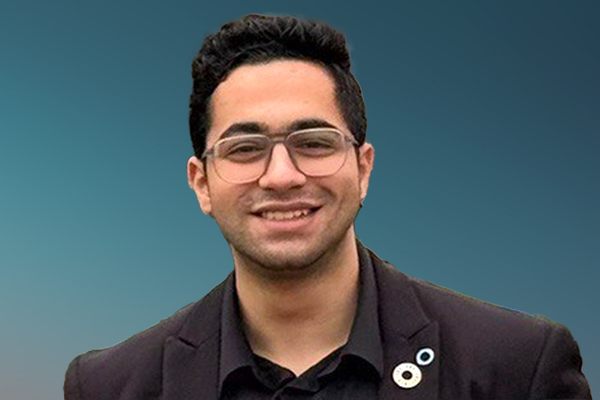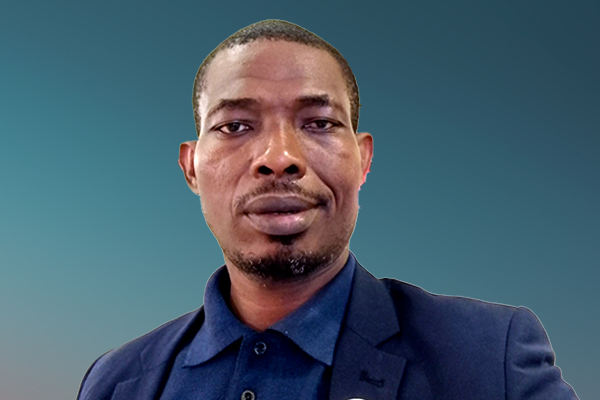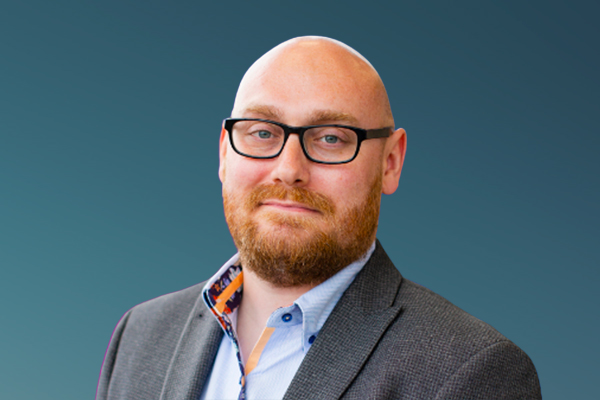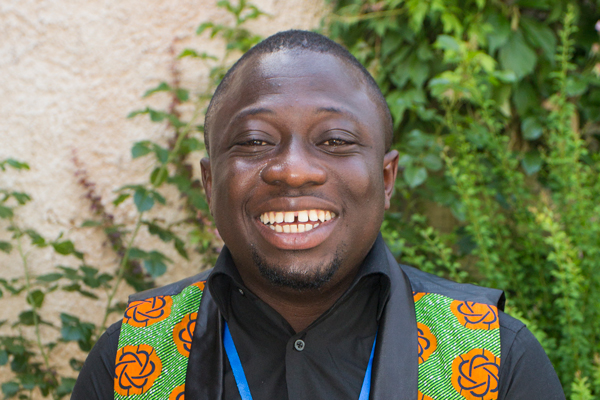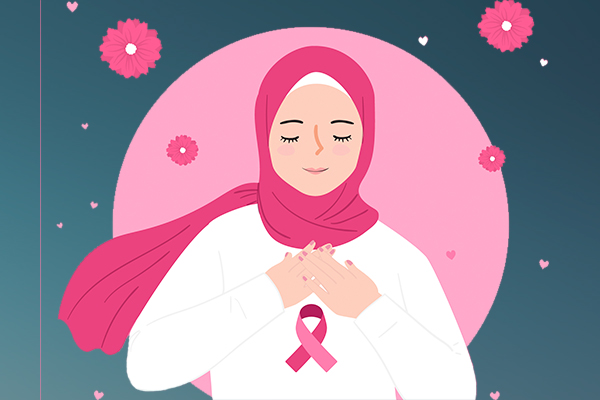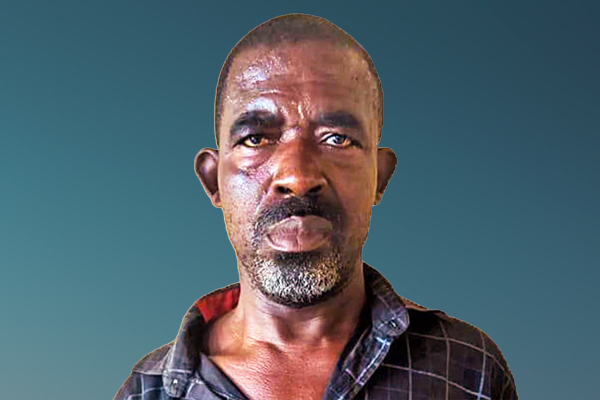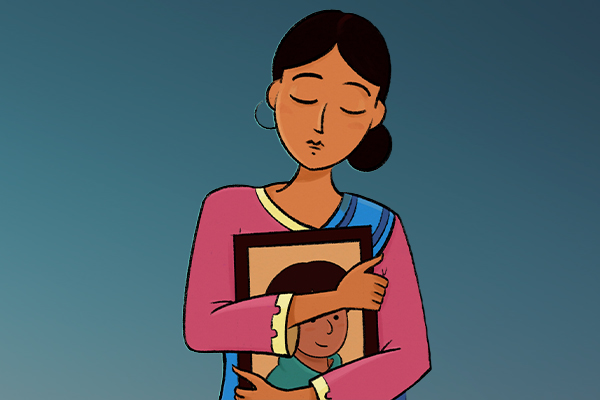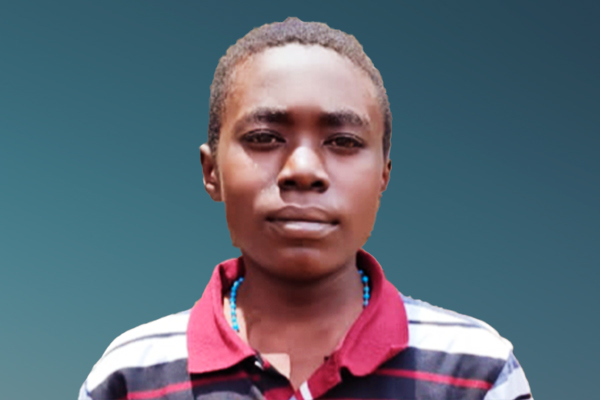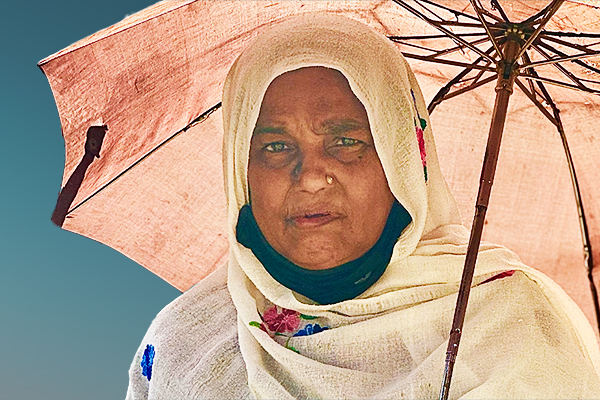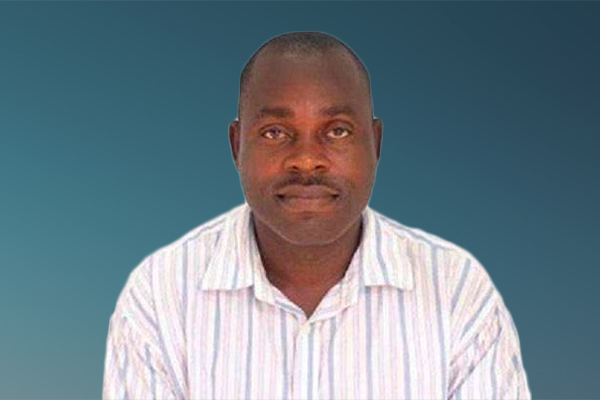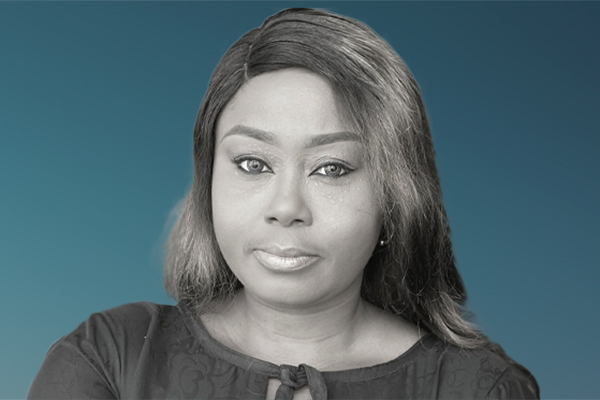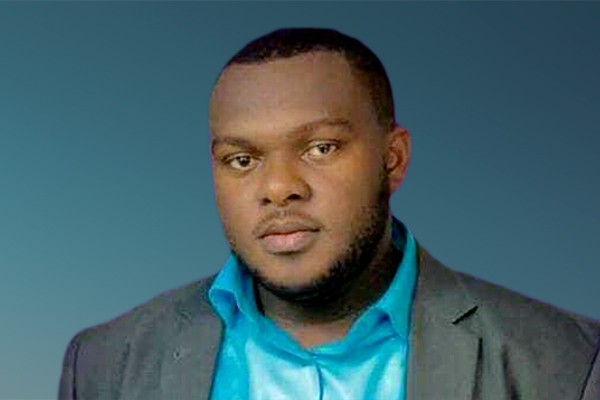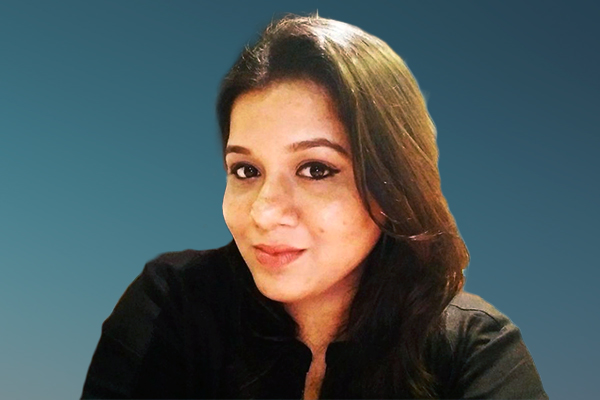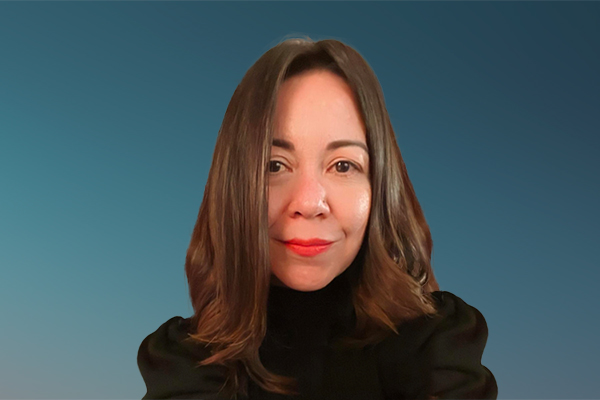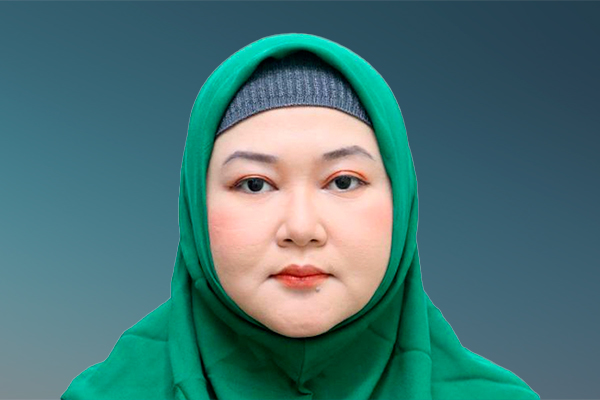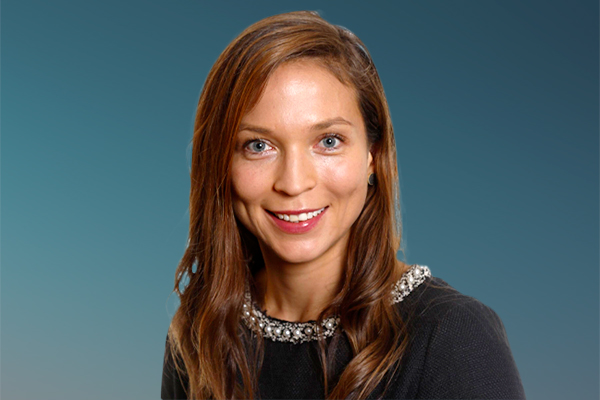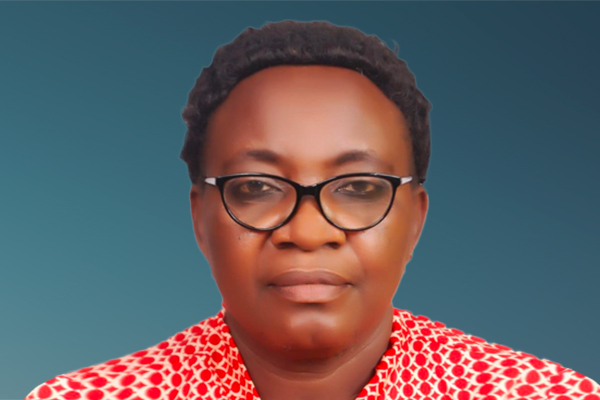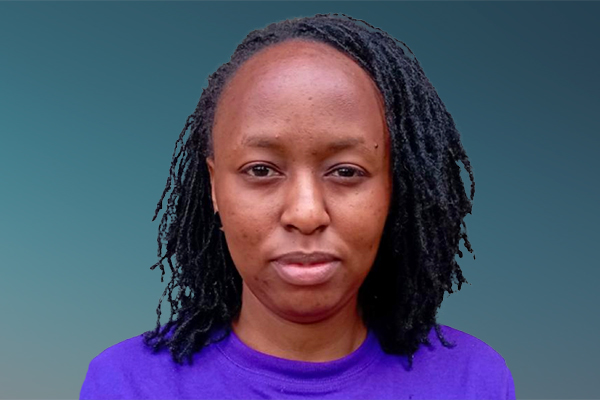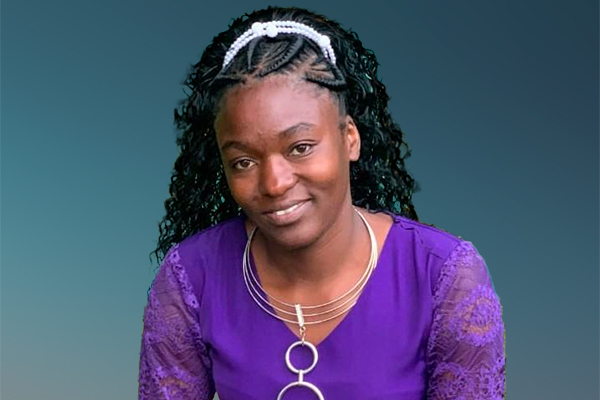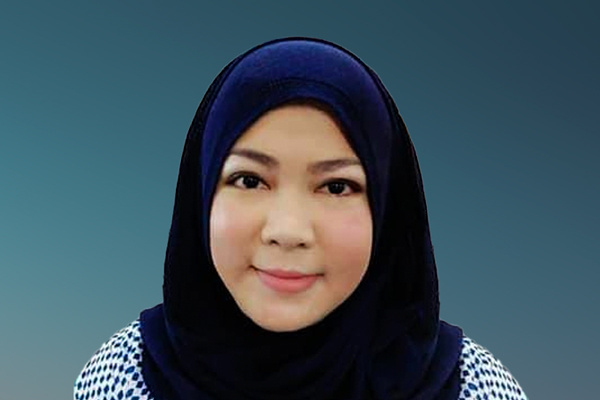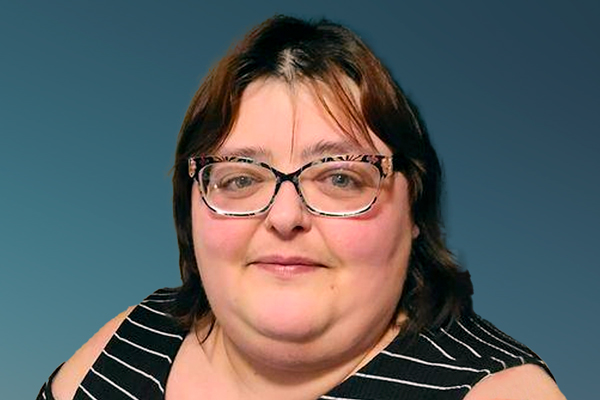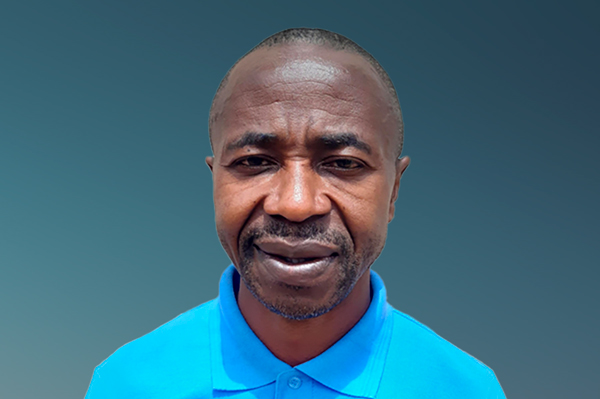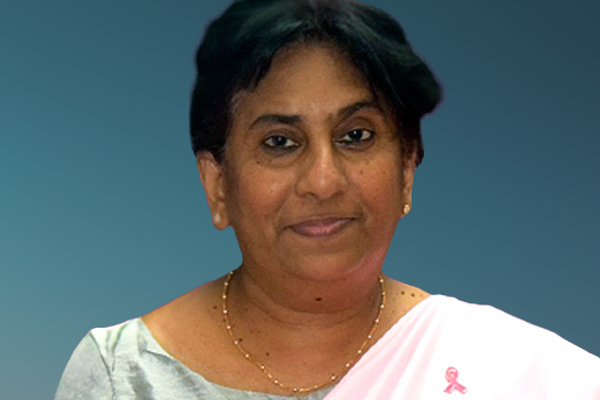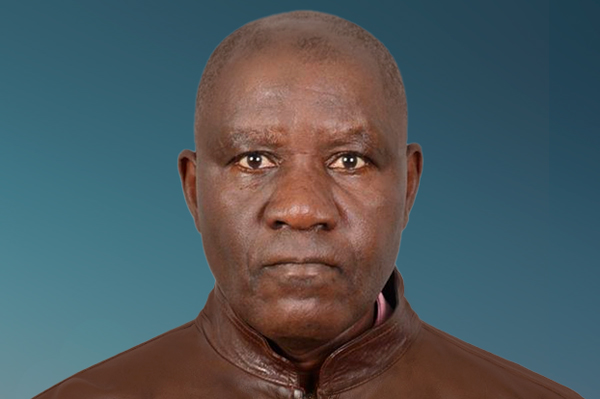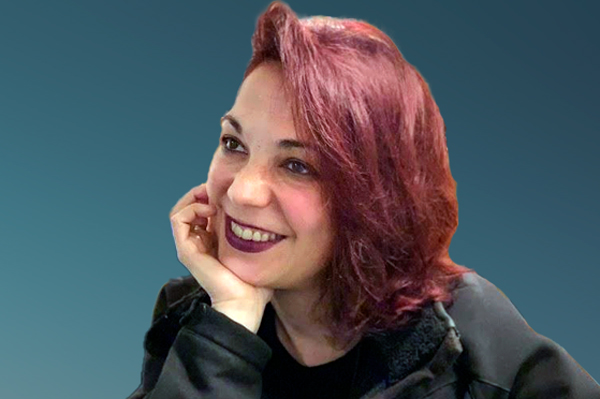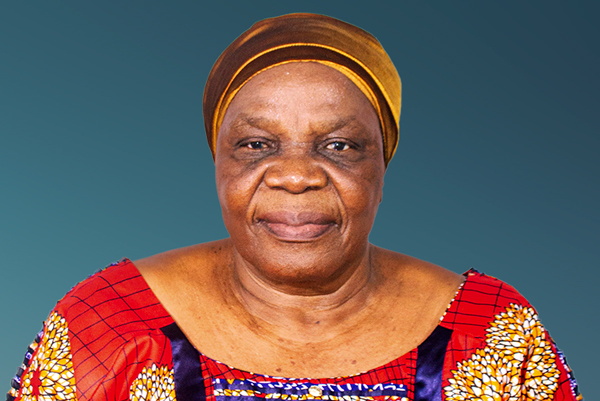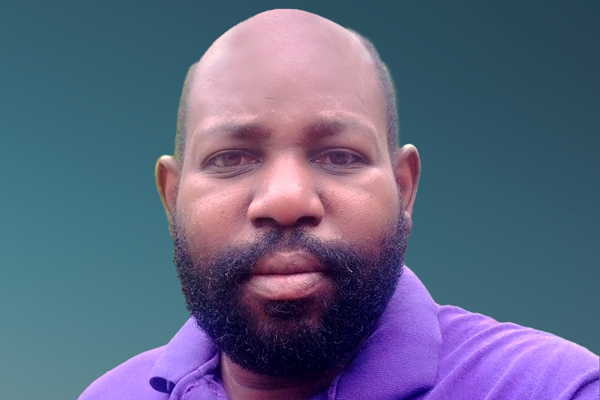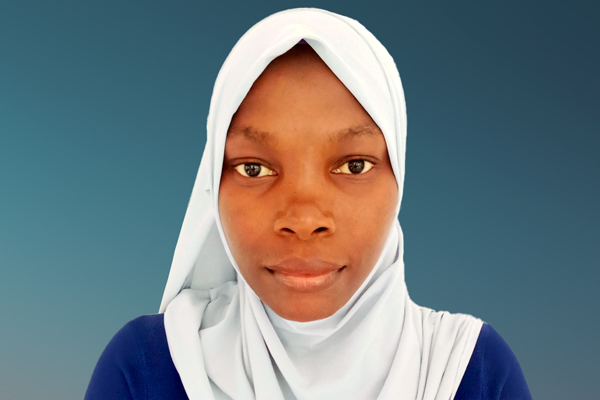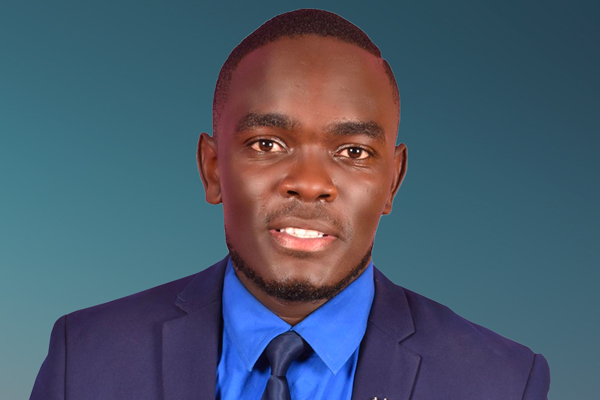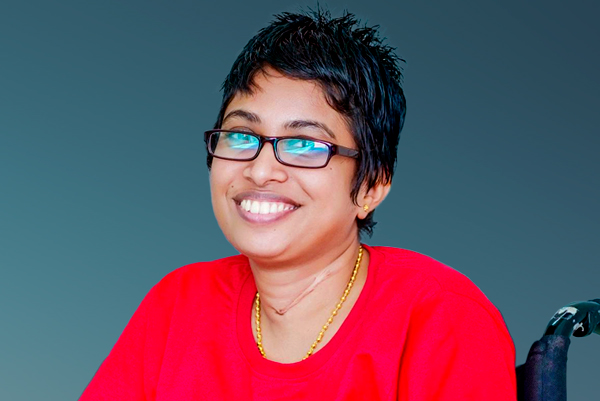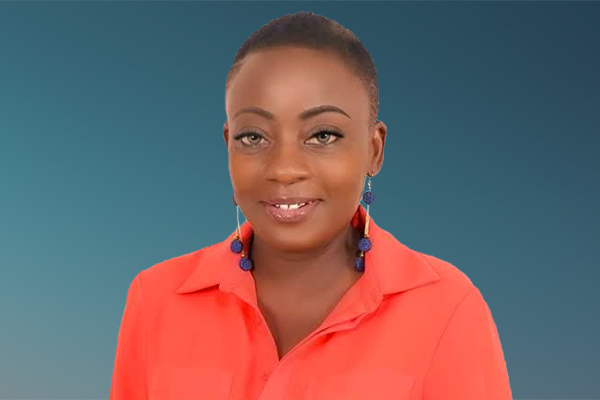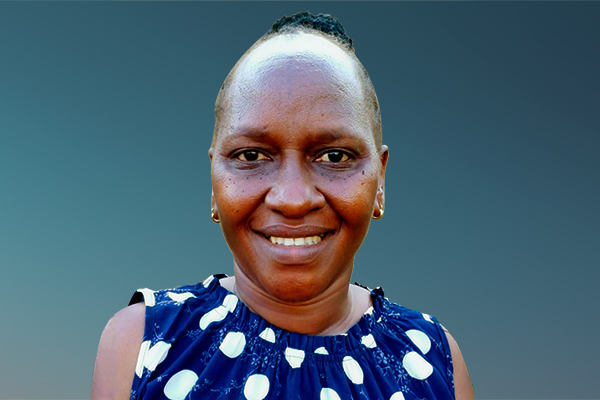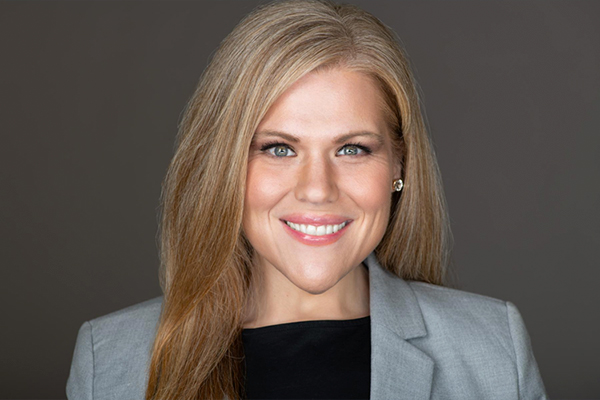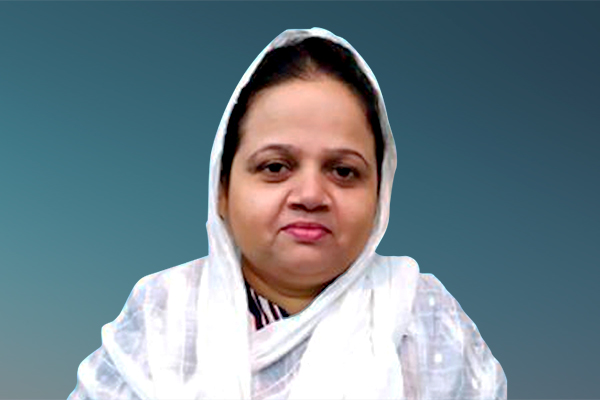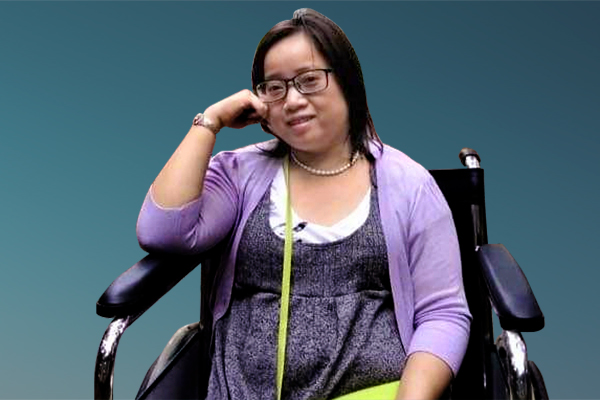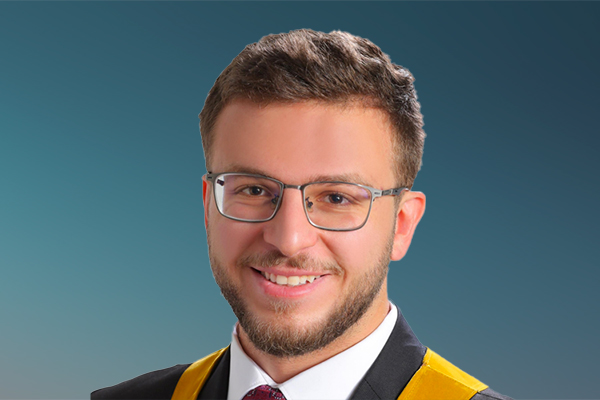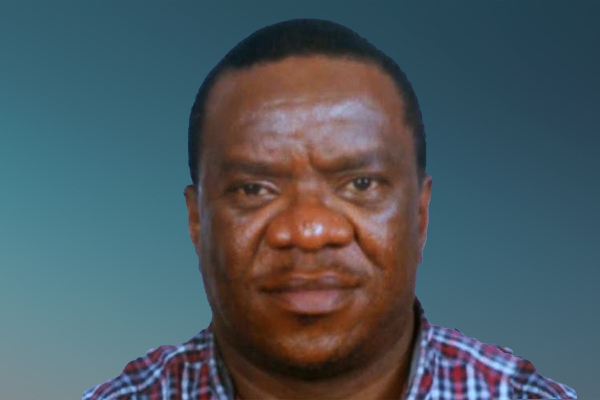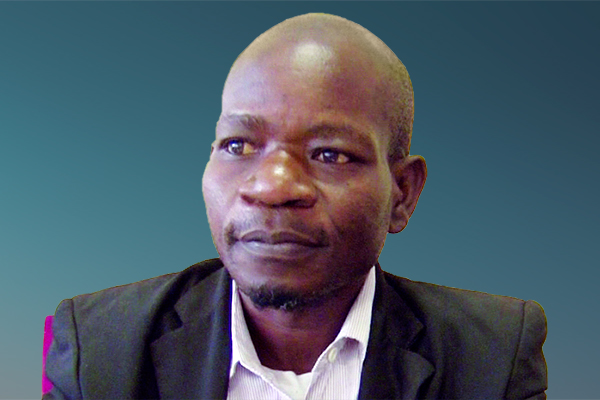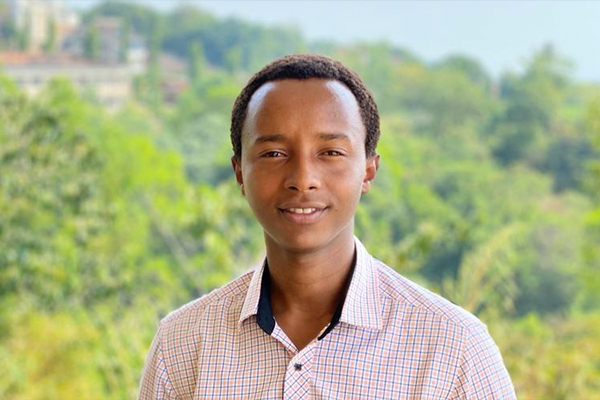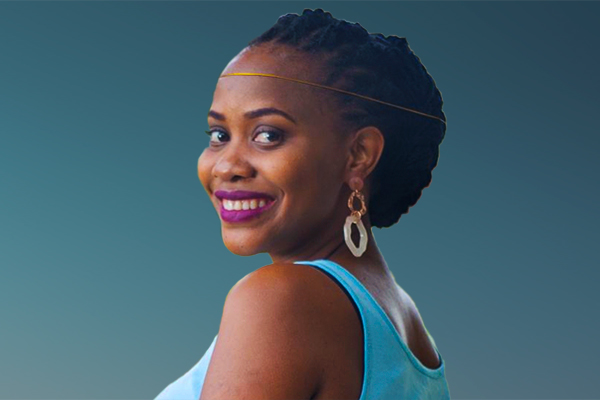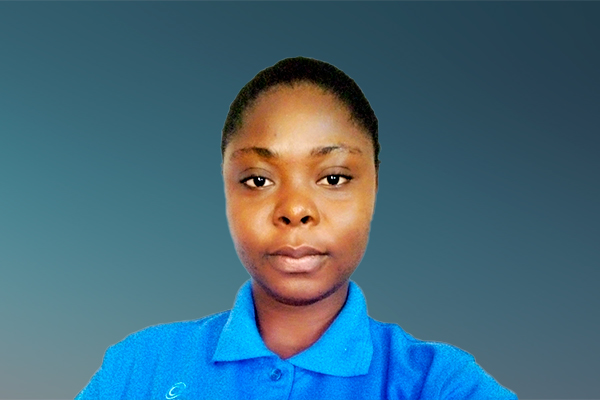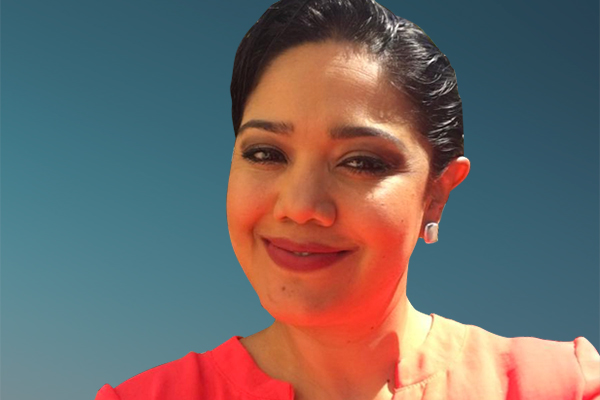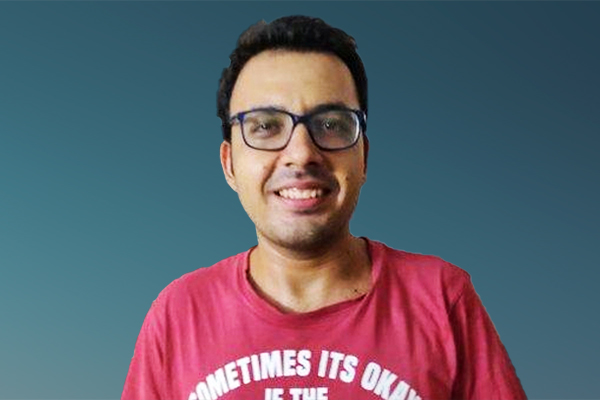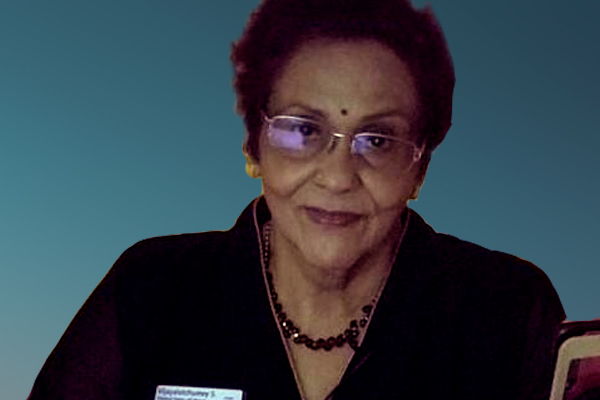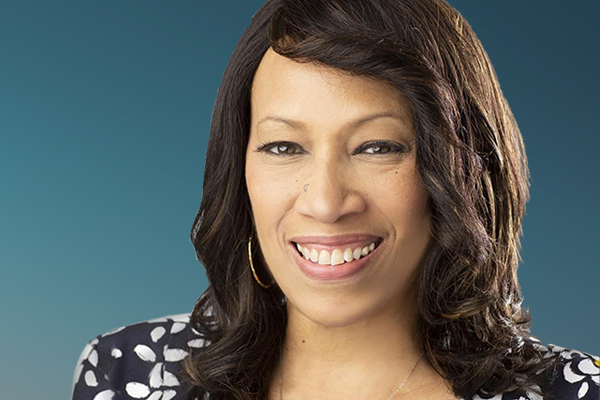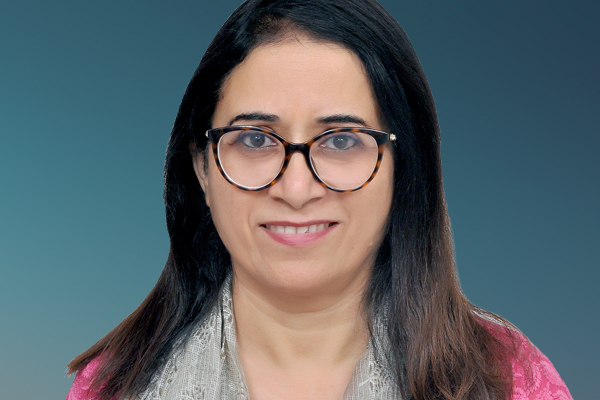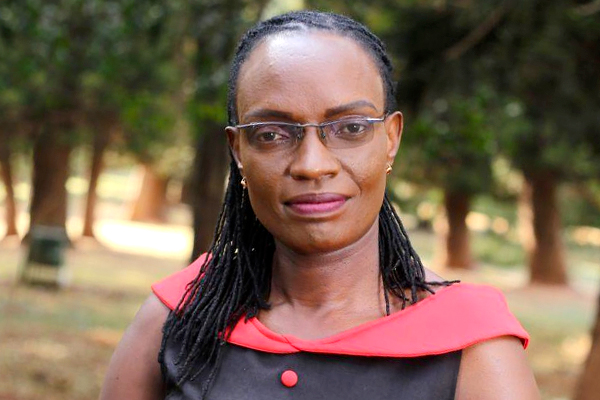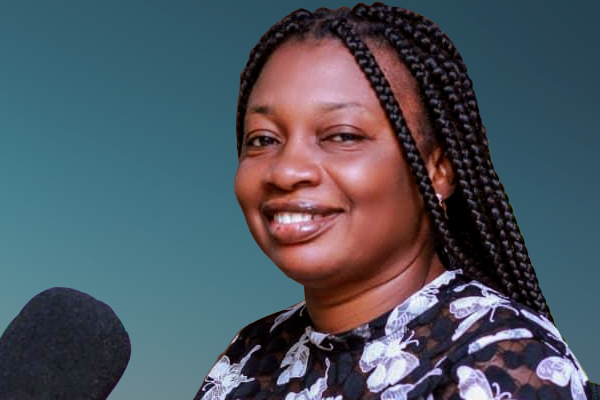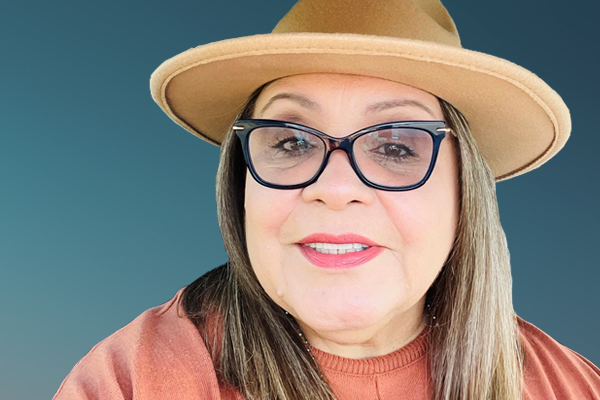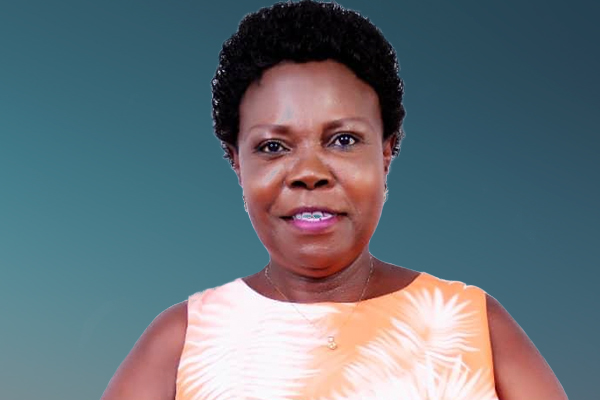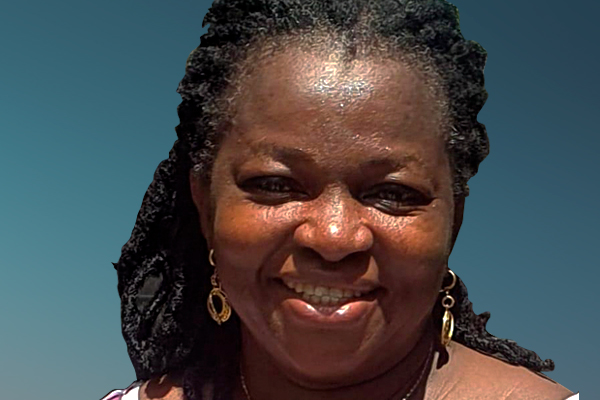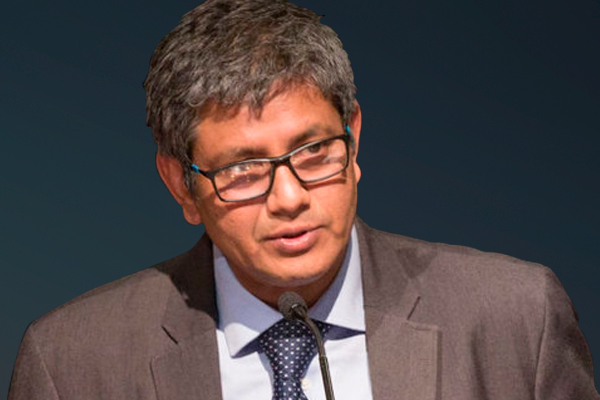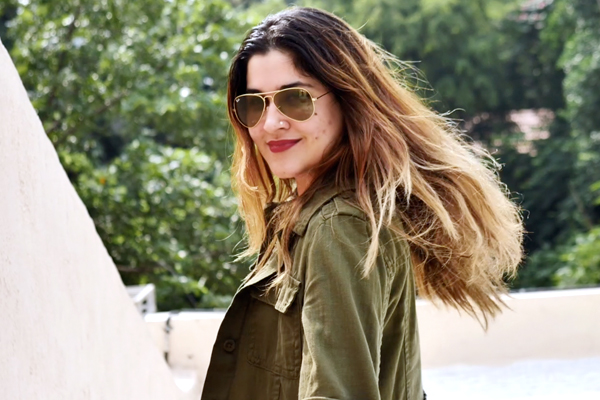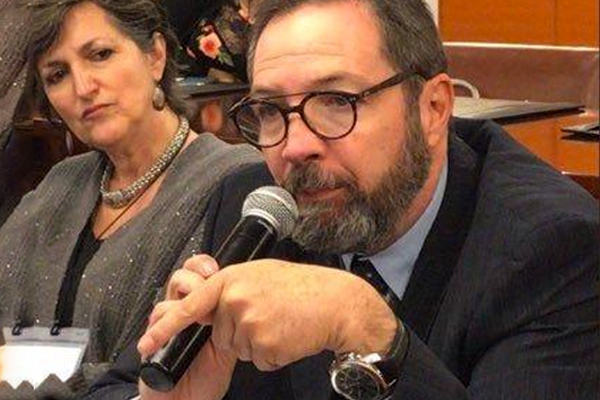My name is Evelyn Santos, I am a Brazilian dietitian, public health specialist and person with lived caregiver experience.
I want my diary to encourage other caregivers, including health professionals, who feel challenged by reality when people from their own families or communities are impacted on a daily basis by a chronic condition. I also hope to shed light on key issues surrounding NCD prevention in my country, based on my own lived experience with my father.
19 October 2022
My journey as a caregiver: cardiovascular disease and prevention
Last year, my aunt received a late diagnosis of colorectal cancer and passed away, causing me to worry about the health of my dad – only a few years younger at age 61. Although he quit smoking and worked at the state health department since the nineties, he grew up in a context where eating red meat and drinking alcoholic beverages symbolised social status, whilst health impacts were poorly understood and publicised. Additionally, there was low awareness about the benefits of regular exercise and intake of water, fruits and vegetables.
In September 2021, while immersed in video calls, my brother called and said that dad, who lives two hundred miles away from each of us, was feeling ‘chest pain’. It was easy to understand the urgency, so I explained “he really needs to go to a hospital right now, it’s the protocol, tell him.”
Five hours later, I called my brother back and discovered that dad hadn’t gone to hospital, and felt chest pain again. Dad was 'in denial' and feared getting COVID‑19 at the hospital. Despite low awareness about cardiovascular diseases, a nurse technician from his neighbourhood urged him to visit a public hospital with specialised services for cardiovascular diseases, so he went and was admitted. The doctors said that he was lucky.
COVID-19 restrictions at the hospital made it hard to communicate with our dad and the medical staff, causing anxiety and rumours. I couldn’t understand the severity of his disease, and my dad felt distrust in the hospital team. This situation risked aggravating my father's condition.
A few days after his admission, and only halfway through the diagnostic procedures to undergo a catheterisation, my dad escaped from the hospital, only to return with the same chest pain he felt before. The 10‑second message dictated by a different doctor each day through a single call to our family was not sufficient to keep a stubborn but kind old man in the very place that could help him.
After completing the catheterisation he received his diagnosis of cardiovascular disease (CVD). Multiple medications were prescribed, and medication adherence, diet, and physical activity were reinforced, but so many changes felt overwhelming. We began to 'walk the talk' together (adhering to medical advice, walking around the park, cooking at home) after he left the hospital, and he managed to cut his total cholesterol in half. My role is to be there for him to talk openly and without judgment, in order to encourage him to find meaningful ways to prevent CVD‑related complications.
3 March 2023
How to establish healthy habits in an unhealthy system?
People living with NCDs and their caregivers must deal with multiple challenges beyond medications and protocols. Very often, our own communities and environments do not encourage health-promoting behaviours, and while trying to do our best, sometimes we feel sad and angry with this system, which can be very discouraging.
For people living with cardiovascular diseases, even in the case when the barrier of access to healthy foods is overcome, people must have the right support to develop or adapt their knowledge and cooking skills.
On top of that, you're always afraid to choose products on the shelves in the supermarket when your country has rules that largely enable industries to sell and even mislead people into purchasing unhealthy products, thanks to a poorly designed labelling system favouring industry sales and profit margins over consumers' health. I distinctly remember my father's quote in the pasta aisle after we analysed labels of many processed and ultra-processed foods that he and most of the population consume daily: "Yeah, I basically can't eat anything they have in the supermarket!".
While eating out, misunderstandings are everywhere, and sometimes healthy meal options can be scarce, not so healthy after all, or too expensive. When it comes to family and community celebrations on special occasions, Brazilian culture often involves having too much meat, fat, sugar, salt, and ultra-processed food available at the table. How can we maintain our cultural traditions on commemorative days while ensuring our meals, practices and relationship with food promotes our health?
As an in-patient in hospital in Brazil it can also be challenging to find healthy options. My father started to question the red meat, ultra processed biscuits and packets of salt he received. But what choice did he have? How many people in Brazil had to eat unhealthy foods in the very place destined to treat them?
While establishing health-promoting habits often results in a restrictive, or expensive, life for people living with NCDs in Brazil, our communities, including health professionals, must be even more empathetic, resilient, and creative in the way that support and guidance is provided.
This support from communities and health professionals is a way to try to overcome the challenges we face before systemic changes are implemented. For meaningful, sustainable action to occur at the country level, regulations, environments, and the health system must incentivise, reinforce and favour health‑promoting choices.
How can we make choices that promote our health and health outcomes when we're living in unhealthy environments that favour industry interests?
15 May 2023
Encouraging health-promoting environments
In Brazil, since we were children, our culture and food system are full of incentives for an inappropriate relationship with food intake and eating habits, which can lead to obesity and chronic conditions. We need to start holding accountable decision-makers to ensure that our environments protect populations from the harmful impact of the unhealthy commodities industry.
People living with cardiovascular diseases and their caregivers can effectively prevent diseases before they cause acute events or disabilities, and control their health conditions when pharmacological treatment and access to health care are timely available. Very often those diseases are silent, and proactive primary health care with risk stratification and referral systems to all levels of care can help advance the UHC agenda and effectively address the primary prevention of NCDs.
Why do many people and their families only discover that they have cardiovascular disease when they experience a stroke or another acute event and need to go to a hospital at risk of life, like my father? Health systems need to change to deliver proactive care through primary healthcare coordination in order to bring health benefits, optimise public health spending and prevent catastrophic out‑of‑pocket expenditures.
I call on the government of Brazil to:
- Continuously improve our front-of-pack labelling regulations, as part of the implementation of a comprehensive nutrition policy, so that supermarket shelves and food advertisements won't look so dangerous anymore.
- Advance the understanding of the relationship between alcoholic beverages and cardiovascular diseases and cancer among the population, through effective taxation, labelling, and marketing restrictions.
- Implement mass media campaigns for health-promoting activities that can effectively lead to behaviour change and community engagement in NCD prevention.
- Introduce tax for ultra-processed food, such as sugar-sweetened beverages, as part of comprehensive fiscal policies to promote healthy diets.
All of us can start to embrace the political act of eating as a means to avoid the products of the industries that are leading our communities to unhealthy habits, diseases, and premature deaths for decades. But the food environment, health services, and public regulations must systematically help us in that direction.
NCD Diaries
As caregivers, our personal struggles are nothing but an opportunity to better connect ourselves with the daily reality and challenges of people living with NCDs in order to help find solutions.
Evelyn Santos, lived experience of cardiovascular disease (CVD), Brazil
About NCD DIARIES
The NCD Diaries use rich and immersive multimedia approaches to share lived experiences to drive change, using a public narrative framework.

